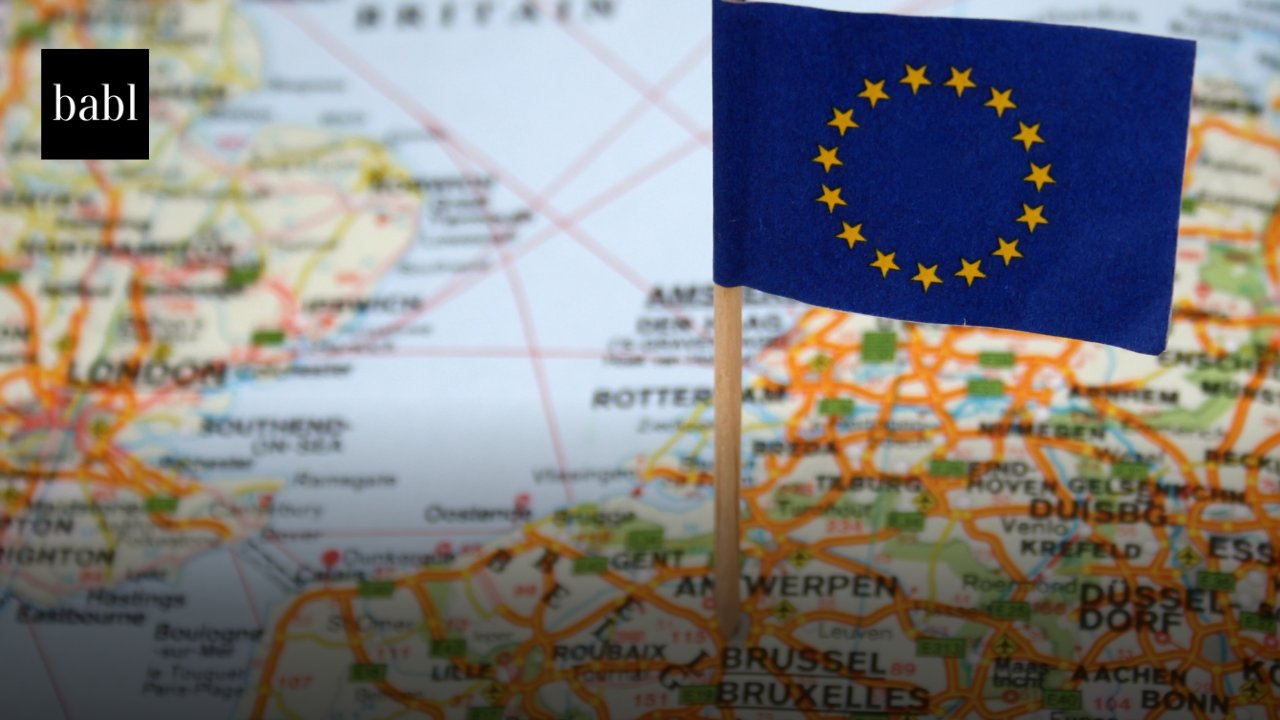The European Commission has unveiled a sweeping new plan to position Europe as a global leader in artificial intelligence (AI) for scientific research, outlining the launch of a €108 million pilot project to establish a virtual institute known as the Resource for AI Science in Europe (RAISE).
The “European Strategy for Artificial Intelligence in Science,” released October 8, 2025, seeks to accelerate the adoption of AI in research while safeguarding ethical standards and scientific integrity. RAISE will pool the continent’s computational power, data, and talent into a coordinated network of excellence spanning universities, research institutions, and industry partners.
Under the plan, RAISE will support the creation of “Thematic Networks of Excellence” in disciplines such as materials science and biotechnology, connecting top European labs with access to high-performance computing, AI infrastructure, and shared data platforms. The Commission says this will help reduce fragmentation, encourage collaboration, and enable scientists to “push the boundaries of discovery” using advanced AI tools.
The initiative will officially launch during the AI in Science Summit in Copenhagen on November 3–4, 2025, under Denmark’s EU Council Presidency. Initial funding through Horizon Europe will total €108 million, with up to €600 million planned for compute access via the EU’s AI Factories and future “AI Gigafactories.”
European Commissioner for Innovation Iliana Ivanova said the strategy reflects the EU’s “distinctly human-centric approach” to AI, balancing innovation with responsibility. The plan emphasizes transparency, safety, and explainability in AI systems—addressing growing public concern that only 38 percent of Europeans trust AI-generated scientific results.
Beyond research excellence, the Commission aims to expand AI education and training, funding doctoral networks and updating ethical guidelines for generative AI use in science. The Joint Research Centre will also create an AI Evaluation Hub to monitor scientific AI systems’ trustworthiness.
The strategy’s broader goal is to ensure technological sovereignty by closing Europe’s AI innovation gap with the United States and China, which collectively control 90 percent of global AI computing power. The Commission will report on progress by the end of 2027, calling the initiative “a defining step toward a new era of scientific competitiveness and discovery in Europe.”
Need Help?
If you have questions or concerns about any global guidelines, regulations and laws, don’t hesitate to reach out to BABL AI. Their Audit Experts can offer valuable insight, and ensure you’re informed and compliant.





